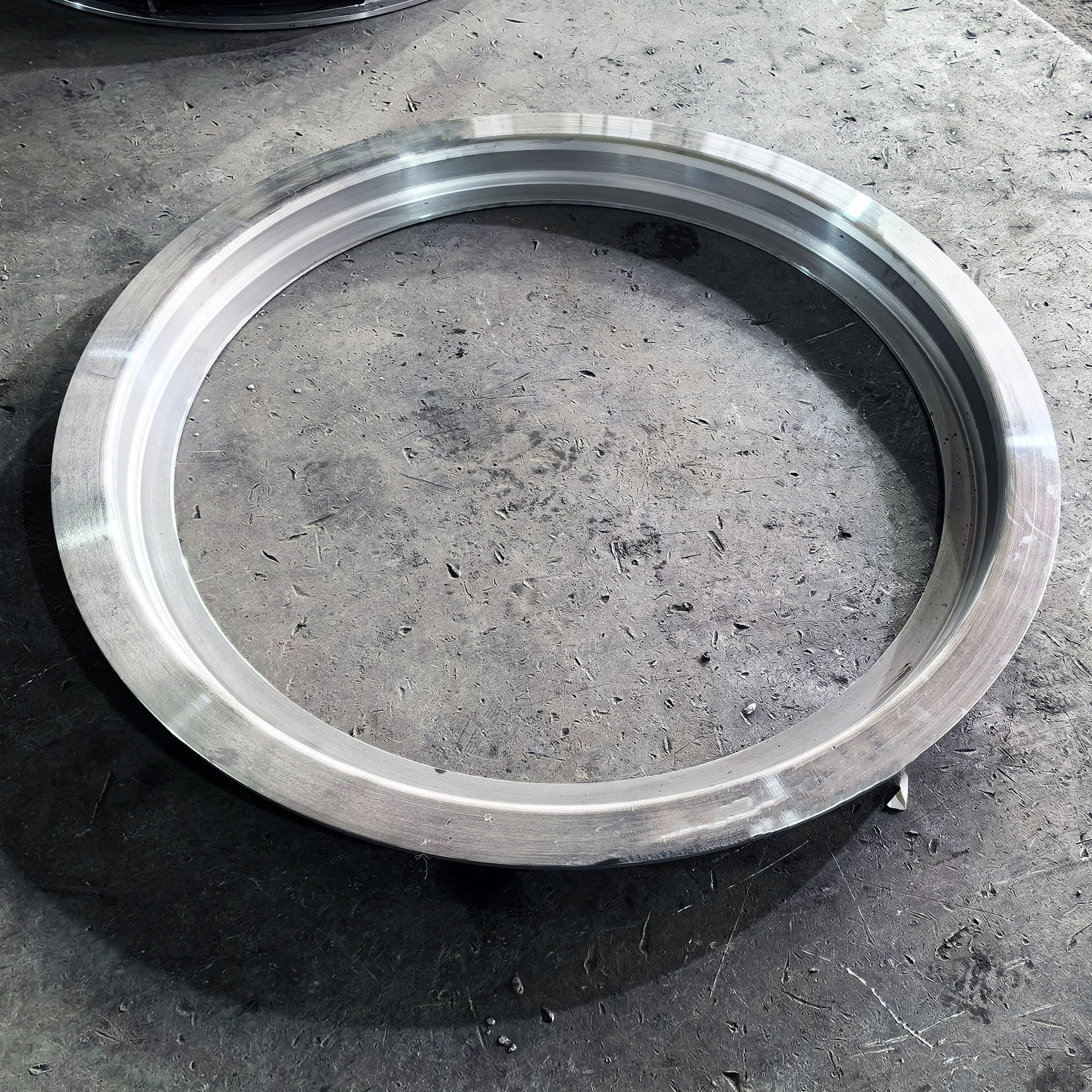- Afrikaans
- Albanian
- Amharic
- Arabic
- Armenian
- Azerbaijani
- Basque
- Belarusian
- Bengali
- Bosnian
- Bulgarian
- Catalan
- Cebuano
- China
- China (Taiwan)
- Corsican
- Croatian
- Czech
- Danish
- Dutch
- English
- Esperanto
- Estonian
- Finnish
- French
- Frisian
- Galician
- Georgian
- German
- Greek
- Gujarati
- Haitian Creole
- hausa
- hawaiian
- Hebrew
- Hindi
- Miao
- Hungarian
- Icelandic
- igbo
- Indonesian
- irish
- Italian
- Japanese
- Javanese
- Kannada
- kazakh
- Khmer
- Rwandese
- Korean
- Kurdish
- Kyrgyz
- Lao
- Latin
- Latvian
- Lithuanian
- Luxembourgish
- Macedonian
- Malgashi
- Malay
- Malayalam
- Maltese
- Maori
- Marathi
- Mongolian
- Myanmar
- Nepali
- Norwegian
- Norwegian
- Occitan
- Pashto
- Persian
- Polish
- Portuguese
- Punjabi
- Romanian
- Russian
- Samoan
- Scottish Gaelic
- Serbian
- Sesotho
- Shona
- Sindhi
- Sinhala
- Slovak
- Slovenian
- Somali
- Spanish
- Sundanese
- Swahili
- Swedish
- Tagalog
- Tajik
- Tamil
- Tatar
- Telugu
- Thai
- Turkish
- Turkmen
- Ukrainian
- Urdu
- Uighur
- Uzbek
- Vietnamese
- Welsh
- Bantu
- Yiddish
- Yoruba
- Zulu
Jul . 27, 2024 06:47 Back to list
Top Manufacturers of Gas-Fired Boilers and Their Innovative Production Techniques Worldwide
Gas-Fired Boiler Factories A Catalyst for Efficient Energy Solutions
In the evolving landscape of energy production, gas-fired boilers have emerged as a significant technology for efficient heating solutions. These systems, which utilize natural gas as a primary fuel source, are gaining popularity as industries and residential areas seek more sustainable energy alternatives. This article delves into the significance of gas-fired boiler factories in meeting the growing demand for efficient heating systems and examines the innovations that make these systems essential in modern energy consumption.
Gas-fired boilers are designed to convert natural gas into heat energy, which is then used to generate steam or hot water for a variety of applications. From residential heating to industrial processes, these boilers play a crucial role in ensuring comfort and operational efficiency. One of the primary advantages of gas-fired boilers is their efficiency. Compared to traditional coal-fired systems, gas boilers emit less carbon dioxide, making them a cleaner alternative. This is particularly important in a world increasingly focused on reducing greenhouse gas emissions and combating climate change.
The production of gas-fired boilers takes place in specialized factories that are equipped with advanced technology and skilled labor. These factories are responsible for designing, manufacturing, and assembling gas-fired boilers that comply with stringent safety and efficiency standards. The manufacturing process involves using high-quality materials that can withstand the high temperatures and pressures involved in gas combustion.
gas-fired boiler factories

Innovation is at the forefront of gas-fired boiler factories. With advancements in technology, manufacturers are continuously improving the efficiency of their products. Modern gas-fired boilers often come with features such as condensate recovery systems, which enable them to utilize flue gas heat that would otherwise be wasted. This not only increases the overall efficiency of the boiler but also reduces operating costs for consumers. Moreover, the integration of smart technologies allows for remote monitoring and control, enabling users to optimize their heating systems in real-time.
Gas-fired boiler factories also play a vital role in job creation. These facilities employ a diverse workforce that includes engineers, technicians, and assembly line workers. The growth of the gas-fired boiler market necessitates a skilled workforce capable of innovating and adapting to new technologies. As demand for these systems continues to rise globally, so too does the need for trained personnel who can ensure quality production and maintenance.
Furthermore, gas-fired boiler factories are key players in the larger context of energy transition. As many countries look to phase out coal and reduce reliance on oil, natural gas is often seen as a bridge fuel that can support cleaner energy initiatives. By producing efficient gas-fired boilers, factories are contributing to this transition by providing systems that support lower emissions and better energy management.
In conclusion, gas-fired boiler factories are essential to the production of efficient heating solutions necessary for both residential and industrial needs. With their focus on innovation, sustainability, and job creation, these factories are poised to make significant contributions to the global energy landscape. As the world continues to seek cleaner and more efficient energy sources, the importance of gas-fired boilers and their manufacturers will only grow, underscoring their role as catalysts for a more sustainable future. Whether for home comfort or industrial processes, gas-fired boilers represent a vital technology in the transition to a cleaner energy economy.
-
8mm Thin-Walled Cast Steel Manhole Cover Pallet Bottom Ring | Durable
NewsAug.04,2025
-
Premium Cast Iron Water Main Pipe: Durable, Corrosion-Resistant
NewsAug.03,2025
-
Durable Cast Iron Water Mains | AI-Optimized Systems
NewsAug.02,2025
-
High-Efficiency Propane Boiler for Baseboard Heat | Save Energy
NewsAug.01,2025
-
Premium Source Suppliers for Various Gray Iron Castings
NewsJul.31,2025
-
Durable Cast Iron Water Main Pipes | Long-Lasting
NewsJul.31,2025


